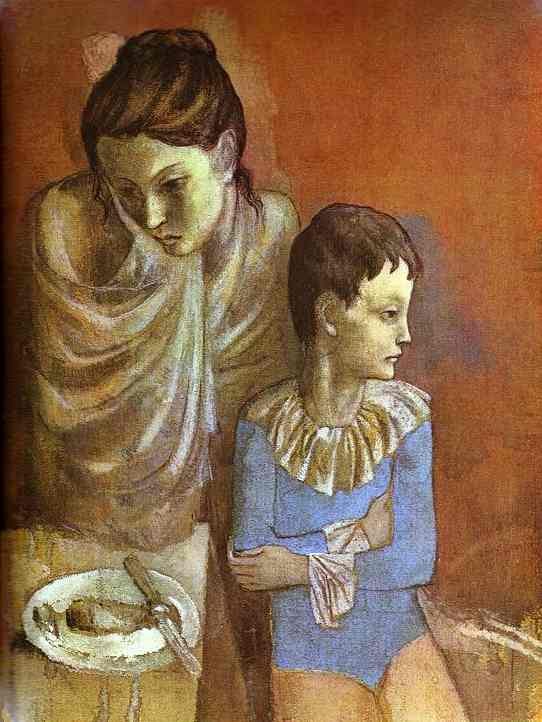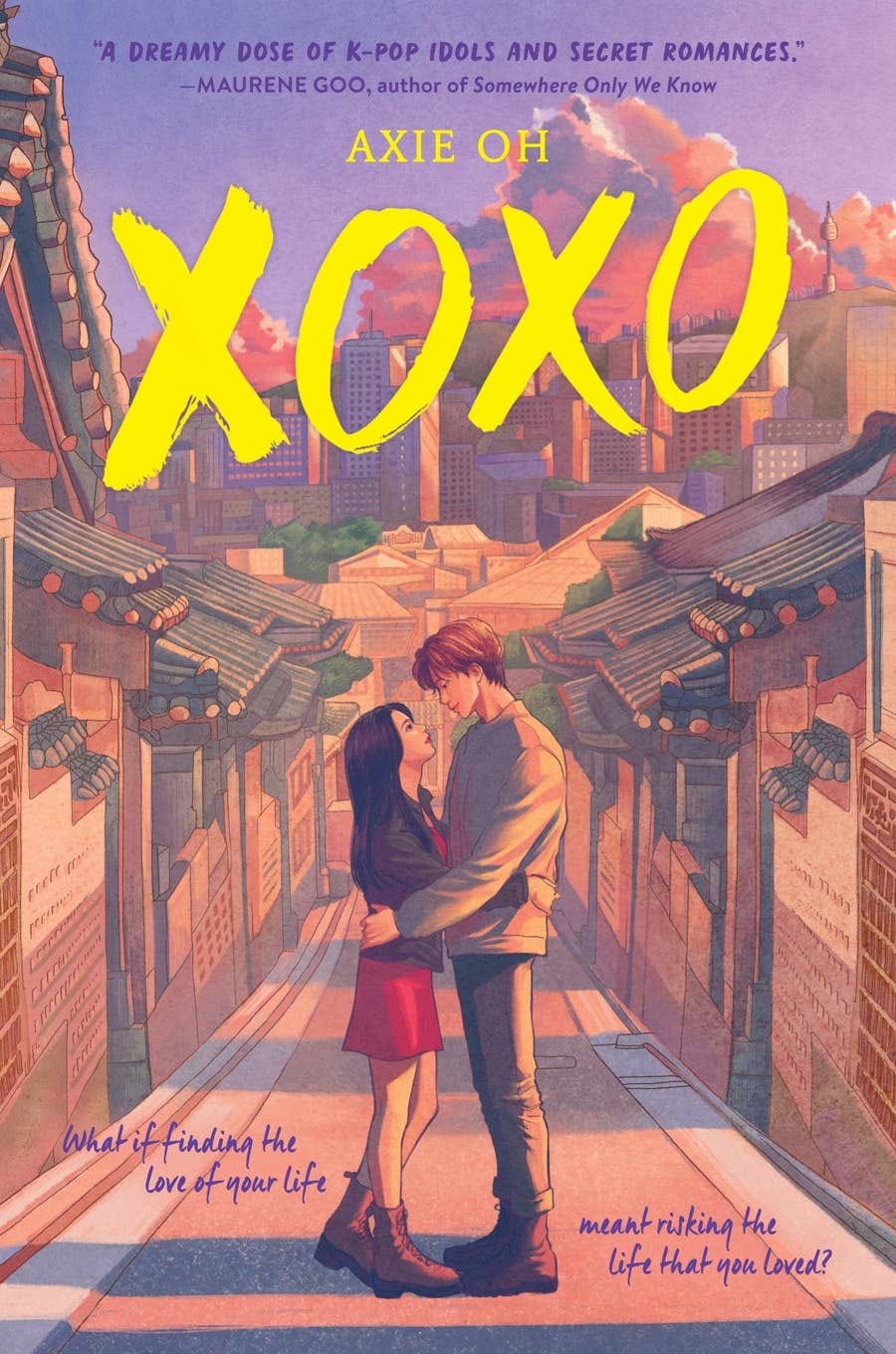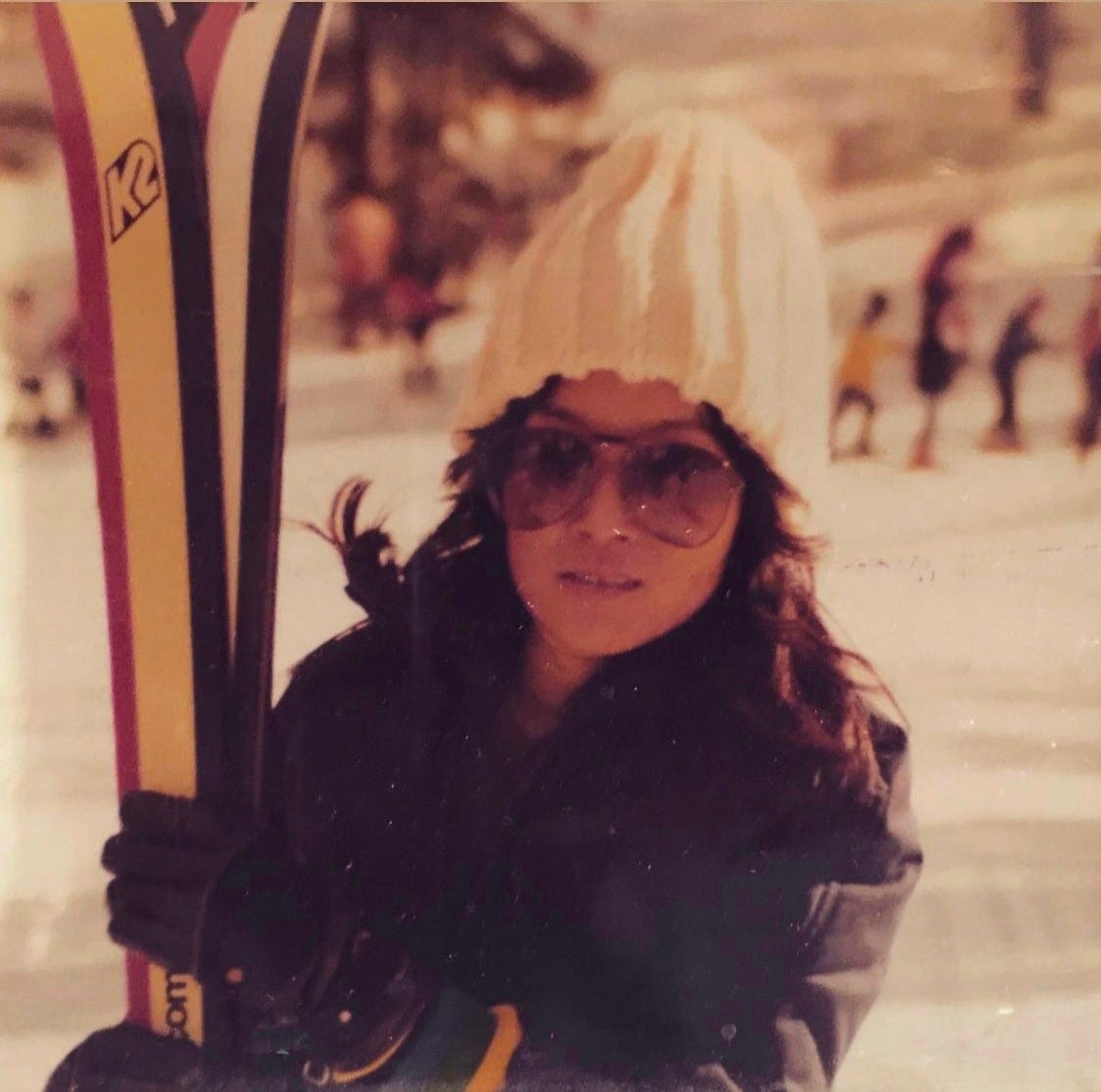Thank you to all the mothers whose work so often goes unnoticed and unappreciated, who soothe and heal us when we are broken, who care without condition, who love without limit.
This past Sunday was Mother’s Day and it felt like the right moment to tell a story about my Mom, Iris, the old one I’ve carried with me for years, and the new one that’s unfolding.
I must have been in fourth or fifth grade when I swept almost all the gold medals at an academic decathlon, taking home top honor. I recall being surprised and euphoric at my own achievement. But what’s seared into memory isn’t the event or the pride I felt it’s that moment after: sitting in a noisy pizza joint, medals clanking against my chest as I played video games with friends. I overheard parents congratulating my mother. She offered thanks with warmth and humility, always ending with the same line: “I just hope he doesn’t let it get to his head.”
There was no congratulatory hug, no affectionate I’m proud of you, only a cold, stoic look of indifference.
As a child, I was hyperactive and channeled that energy into individual achievements: academic honors, athletic trophies, debate gavels, writing awards. Yet nothing seemed to impress my mother.
I’ve held onto these types of vignettes, self-sabotaging stories, my entire life. The original sin that launched a crusade. The need to be worthy of someone else’s love.
But if there’s anything I’ve learned after all these years, it’s this: I am an unreliable narrator.
Romantic Awakenings
Last year, something unexpected happened when I flew home to visit my parents in early 2024.
As soon as I stepped inside, my mom asked if I could take a look at her computer. In their home office, decorated with Restoration Hardware furniture and Japanese antiques, she gestured toward her sleek new iMac and rolled her chair back slightly, giving me space to do my usual IT support routine. Her desk was covered with half open envelopes, notes and paperwork.
Standing beside her, I began clicking around to see if it was something simple—CAP LOCK, disconnected accessories, the usual suspects. Then I went to the default fix: restarting the iMac. As the machine powered back on, she slid forward and opened Safari. A YouTube dashboard popped up, the entire grid filled with thumbnails of Asian dramas.
“Oh what’d you do? Never mind, it’s working. Thanks,” my mom said, scooting closer to the screen.
“You’re watching YouTube? What kind of shows are these?” I asked, leaning closer, curiosity piqued.
“I’ve gotten hooked on these romantic shows. They’re called C-Dramas and K-Dramas,” she said with a glimmer in her eyes. “Sometimes I stay up until 4 a.m. watching them—they’re really addicting. Most of them have the same story: a young couple in love, marrying for money, disapproving parents, usually trying to stop the son from falling for a poor girl.”
Her voice was animated, tinged with childlike excitement and a slight flicker of embarrassment, an emotional hue I had rarely, if ever, seen in her before. Watching her light up with the thrill of romantic love, her eyes dancing with a quiet, youthful joy, I was struck by how familiar it felt—how I’d felt that same spark in other women, never once thinking I’d see it in my mother. Familiar with the romance genre and the middle aged women who devour it with insatiable passion and religious ferocity, I listened as she recounted with child-like glee all the familiar tropes: forbidden love, enemies to lovers, friends to lovers, marriages of convenience, meet-cutes, love triangles…
I watched her face glow and something unfamiliar stirred in me: a sense of her vulnerability. In that moment, I realized how little I truly knew about the woman who raised me. My mom never did anything for leisure or fun for herself. I never saw her read fiction, enjoy art, watch movies, nothing.
I rarely saw her rest.
And I had never asked. I’d never been curious enough to see her as a full person beyond her role as my mother, but as Iris.
Becoming A Caring Narrator
As the primary carer, I always get your worst and I’m tired of it.
-Jean Milburn, “Sex Education”
Having embarked on my own mission to feel and embody love that is true — first for myself, then for others — I noticed how this changed all my relationships, especially with her. I started to feel our shared humanity, especially our longing for love and connection. I looked at my mother and, for the first time, I started to see Iris: a woman, now 75 years old, daring to indulge her romantic, feminine desires — just as mysterious to me as any other radiant wonder.
From that moment forward, a seedling of curiosity began to bloom inside me, a deeper recognition of what I had long overlooked. I began to acknowledge what my mind had hidden: how much of my story had become a limited belief system, a victim’s crutch, an absolution from accountability. How little credit I’d given to the one constant presence in my life, taking for granted the one person who carried our collective worry, who created the sanctuary necessary for my brother and I to flourish. She’s always been there, the invisible guiding hand—anticipating needs I hadn’t voiced, reaching out in quiet ways, never asking for anything in return. My mother, the one woman whose love never wavered, even when my heart was blind to it.
Sometimes it only takes one moment of grace, two hearts choosing to put aside their pride, to begin again before it’s too late, not in denial of the past, but in reverence with it. Not by forgetting what came before, but by honoring it, and gently turning the page together toward something new. Something tender. Something healing. A happily ever after — beautifully complex, at times painfully disconnected — that peacefully rests on an impregnable foundation of truth and respect.
While chatting with
about her dream Mother’s Day, she said something I’m sure my mom would welcome wholeheartedly: a day off from managing everyone else’s expectations and the silent shame of neglecting her own. A day just for herself. A day free from me, my brother, my Dad, a day to indulge in romantic delights and simply savor the sweetness of solitude in peace and quiet.Dear Mom: Thank you for your blood, sweat and tears. Thank you for sacrificing your tranquility for us. I hope you feel undying peace and appreciation. I love you, always and forever.
Thank you for reading.








Incredible. This makes me think about something I want to do next week.
I need to fly back to Canada. My parents sold their house and I need to go back to get rid of the last of my things.
Regardless of whatever meritocratic faux modern aristocrat bullshit my parents raised me under, one thing has become starkly clear...
My mom has never had her emotions respected.
I was a little toxically masculine girl. My dad and brothers excited and intrigued me and my mom was relevant only for being more like boys than most women. She worked twice as hard to get half of my respect.
She is, however, also the reason I never felt held back by my gender. She can kick any man's ass at carpentry, hiking, hunting, and other "traditionally masculine" endeavors.
My dad treats my mom like a vocano. As much as he adores her, when she has "feelings," he will do whatever it takes to mollify her, no matter who he abuses or is unfair to in the process (hi, it's me!). My mom is high intensity, no joke, but rather than learning or caring we all treated her like shit for it, calling her hysterical, all while never respecting what she was experiencing or going through. Was she being fair? Probably not, but she was having feelings and we never seemed to respect them.
So I plan to take my mom for a walk and ask her about her emotions and if she even understands the concept of emotional validation. I want to tell her that she's worthy of being seen and held in her feelings, and if she ever wants to rant or express something, she can call me or write to me. I, for one, love a good rant to get my anger/hurt/whatever off my chest.
Love this balanced take on the subject. We could all stand to be more objective and aware narrators 💞
I distinctly remember the moment when I realised my mother was an actual person in her own right, not just my mum. I was in my early teens, and it rattled me a bit if I'm honest. My mum was the one I relied on to benchmark my own actions and behaviours, and to realise she could be wrong, or had interests outside of parenting rocked that assurance. But, when my parents divorced, she started doing things for herself more. She had hobbies and would very occasionally take a weekend away with friends, without my sister and I. Looking back, once I got over the initial shock, I loved that my mum was a whole person and didn't continue to pretend otherwise. I'm lucky, my relationship with her has always been supportive and loving, but I think the greatest lesson she taught me as a girl was to not let being in service to others become my entire life. Thanks for sharing, Mark. Beautiful reflections x